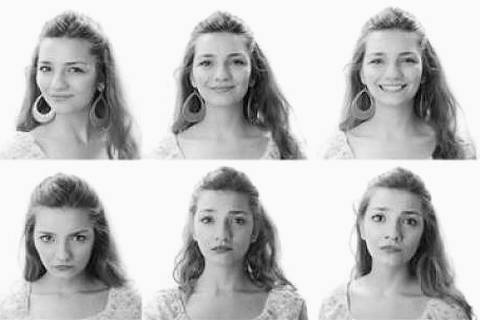Preserving Communication

Facial expression leads much of communication, a key part of life which the field of medicine should preserve.
A maxillofacial surgeon’s first duty is to your health but a good surgeon will give substantial thought to the aesthetic outcome of treatment. They are addressing a part of you which is so important.
Even though we know we shouldn’t, most of us form first impressions from facial appearance. Reactions are similar globally, they are genetically programmed, human reality.
Who we employ, socialise with, or marry are influenced by these reactions. The same applies in group situations, from whether juries are likely to convict, to who we elect to represent us.
Politics and appearance are a well researched area, where the more competent looking candidate wins around 70% of elections. The sums spent on promoting policies and genuine ability prove less important.
Similar applies to how much people are paid, the roles they are offered, a myriad of choices. Many of these will have psychological as well as practical effects, a further reason a facial surgeon should be aesthetically aware.
Established Knowledge
There is a clear body of scientific evidence on facial aspects which guide human behavior. This points to expected and less expected conclusions.
Symmetry is a key element in a face being considered attractive, as are features which are closest to the average. Rare features are often not well perceived, outstanding looks are something of a myth.
Both averageness and symmetry reflect a favourable genetic inheritance. Those with “normal” features are less likely to be carrying harmful breeding mutations, or diseases which could be damaging.
Unconscious inferences also matter, facial body language, or your voice. They are part of the far from objective picture your subconscious creates and can again be factors a facial surgeon should consider.
Surgical Application
We regularly carry out orthognathic surgery, to correct an imbalance between the upper and lower jaw. Often not medically essential but correcting asymmetry can be of social and psychological value.
Where surgery is required due to trauma, or a medical condition such as facial cancer, the same principle applies. Removing a lesion from one side of your face requires careful reconstruction so they match.
Internal changes, perhaps dentoalveolar surgery, can bring similar requirements. Creating a sound underlying structure in facial areas is a medical requirement and enhances quality of life.
Our ethos of minimal access surgery is equally helpful. Consultants at our clinic are experienced in restorative techniques, although careful planning to avoid tissue damage is always better.
Your appearance and facial abilities are a marker for life. An evolutionary trait we can not avoid and one a skilled facial surgeon should have at the heart of every decision. They are there to help build your future.
If you have any concerns about the aesthetic outcome of facial surgery, or effects from the condition you have, please talk to our staff at any time.
- Make an appointment
- Phone – 020 7935 8627
- Email – pa@shakib.org


